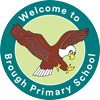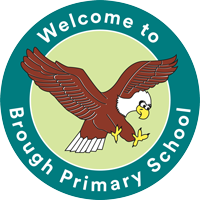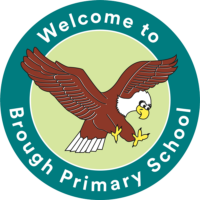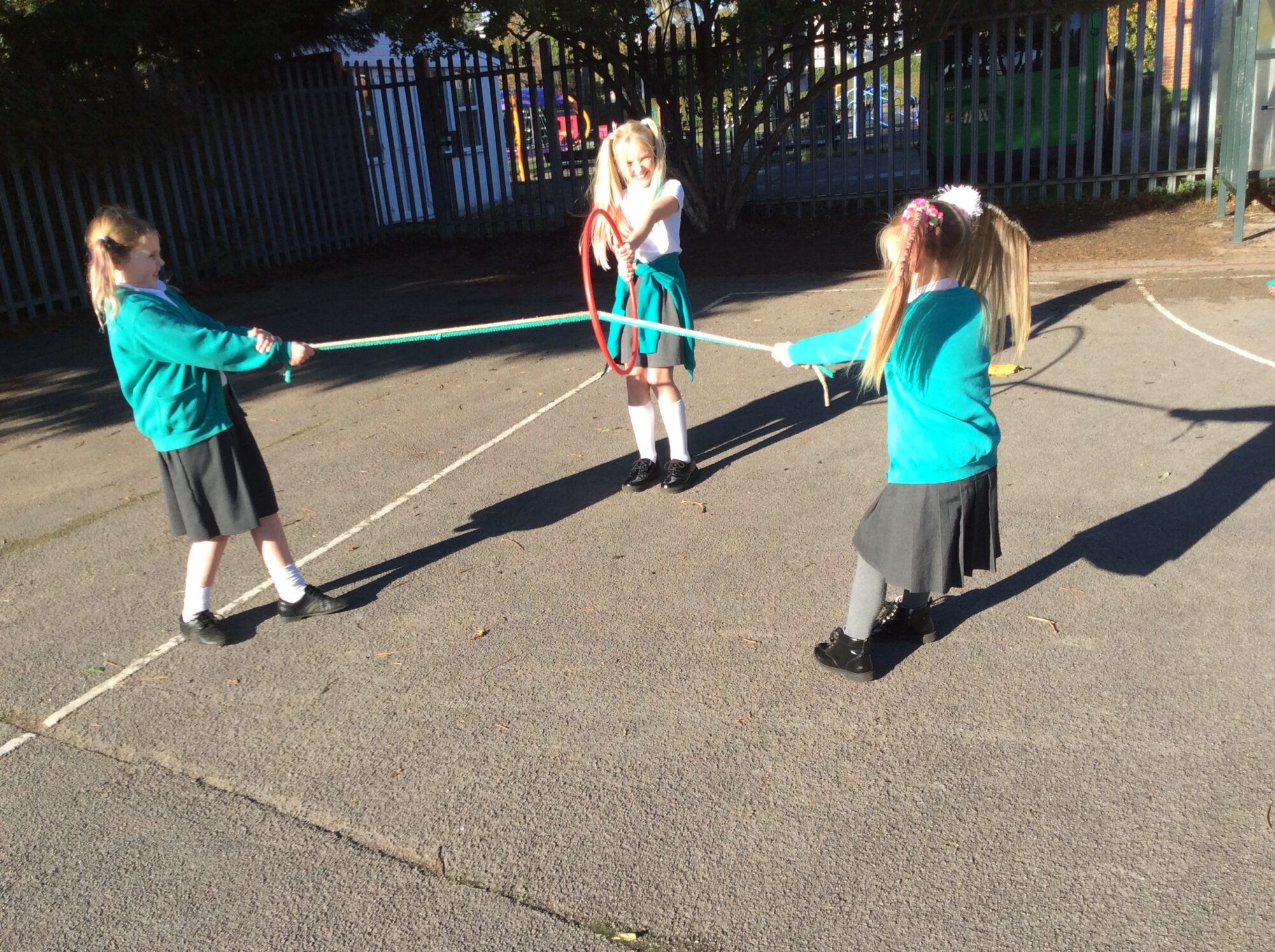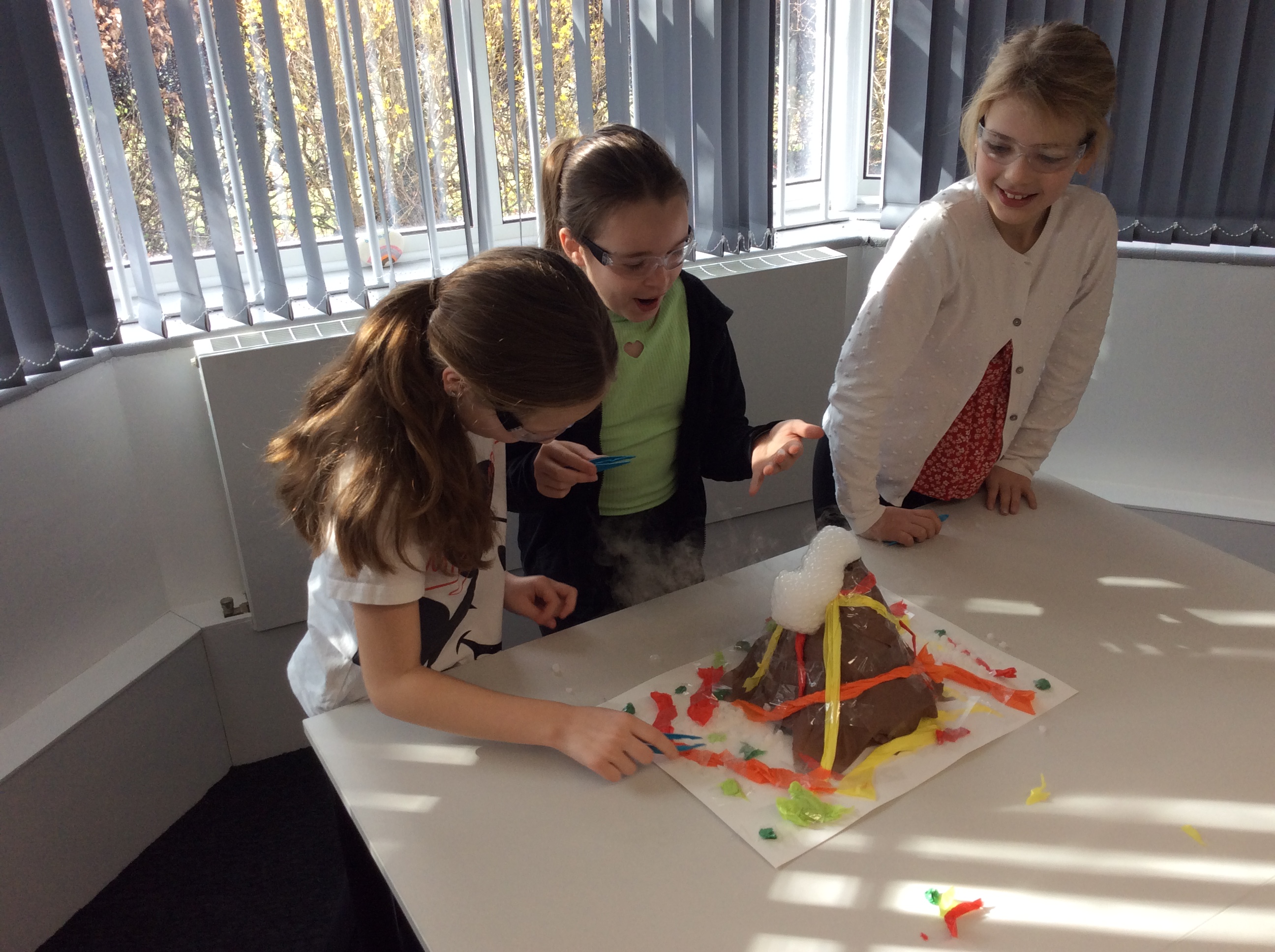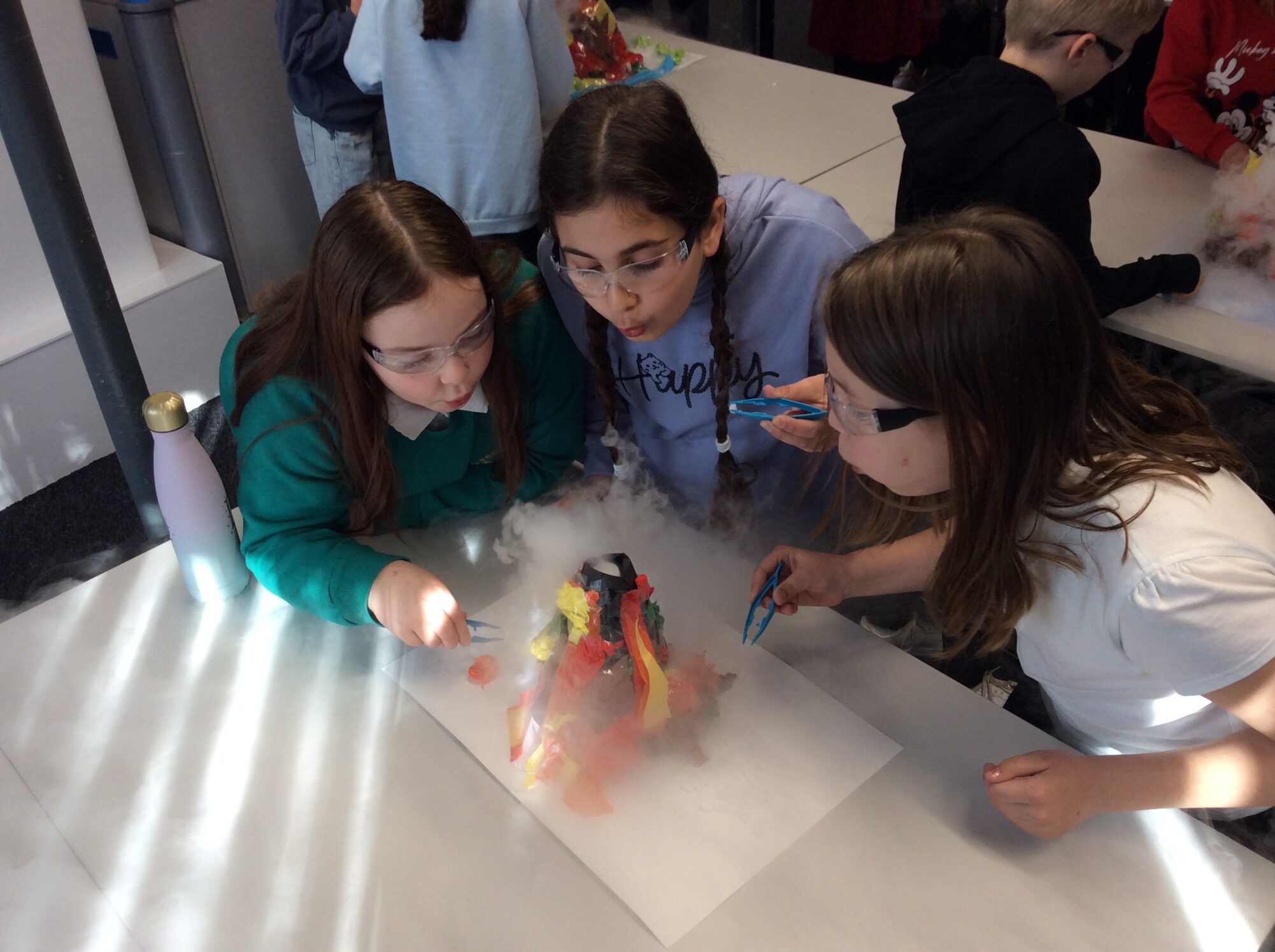Intent
Our science curriculum aims to enthuse and intrigue the next generation of scientists and engineers. Children’s natural curiosity is fostered and enriched; we recognise the place science has in everyday life and its importance in terms of our world both now and in the future. Science gives children the opportunity to gain an increasing knowledge and understanding of their world as well as developing those skills essential to scientific enquiry. Children are encouraged to gain a healthy respect for living organisms, and the physical and Earth sciences around them.
Science at Brough School gives children the opportunity to follow carefully planned lines of inquiry and build on carefully sequenced lessons of learning throughout their time in school. Knowledge acquisition and the learning of scientific skills is progressive, ensuring a strong understanding based on prior learning. New learning in all areas, such as Animals Including Humans, builds from this strong foundation of prior knowledge.
Our science curriculum aims to bring in essential skills from other subjects such as art, where children are taught to make increasingly accurate observations using drawing and sketching skills. Science also allows for the application of mathematics skills across the curriculum as well as the development of different genres of writing, thus equipping children to be effective scientists with the necessary skills of observation, data analysis and the ability to plan, write and evaluate the investigation process.
Aims
The national curriculum for science aims to ensure that all pupils:
- develop scientific knowledge and conceptual understanding through the specific disciplines of biology, chemistry and physics
- develop an understanding of the nature, processes and methods of science through different types of science enquiries that help them to answer scientific questions about the world around them
- children are equipped with the scientific knowledge required to understand the uses and implications of science, today and in the future.
Implementation
In order to ensure high standards of learning and teaching in science we implement a curriculum which is engaging and thought-provoking, giving children the time to satisfy their curiosity and develop the skills they need to become scientists in the 21st century. Our provision is carefully planned and progressively developed with links across the wider curriculum.
The long-term plan maps out how science is taught across the school, identifying what scientific knowledge and skills are taught at each stage across the school. The plan is written by the subject leader in consultation with the phase leaders and other members of the teaching staff. Science is taught as discrete lessons where needed, in order to ensure the required knowledge is gained but also as part of a series of work linked to topics being studied so that children understand the interconnection of all living things and all sciences. The subject leader provides a medium-term plan for all learning, ensuring the necessary skills and knowledge are covered, before teacher’s complete their own short-term planning.
All aspects of our science curriculum are used to prepare children for life in an increasingly scientific and technological world, so that all children are as well prepared as possible. Science is taught with the expectation that all children are capable of achieving high standards in science and that all children are naturally curious scientists, in training.
Impact
At Brough Primary School we want every child to leave us in Year 6 having developed a deep appreciation for their world and a lifelong love of the sciences, regardless of whether they follow science as a career in later life or not. We want them to have experienced the awe and wonder associated with living things in their environment and we want them to have understood the physics, chemistry and biology that has been taught. This is measured through the inspired way in which children talk about the sciences and in the deep respect they show for their immediate environment and the wider world.
We want our children to really appreciate scientists and the impact (both positive and negative) their knowledge and inventions have had on our world.
Children will meet or exceed the expected standards in working scientifically and the areas of study covered between EYFS and Year 6. Children will retain the knowledge they have been taught, being able to use their knowledge to give reasonable explanations about, for example, how forces are involved in keeping a ship afloat. By Year 6, children will be able to plan an investigation independently using the language of investigation such as: independent, dependent and control variables, and recognising the relationships between them.
We measure the impact of our curriculum by: –
